Top 30 Ethical Hacking Interview Questions and Answers for 2025
4.9 out of 5 based on 15248 votesLast updated on 25th Mar 2025 25.9K Views
- Bookmark

Preparing for an ethical hacking interview? Master common questions and key concepts to gain a competitive edge in cybersecurity.
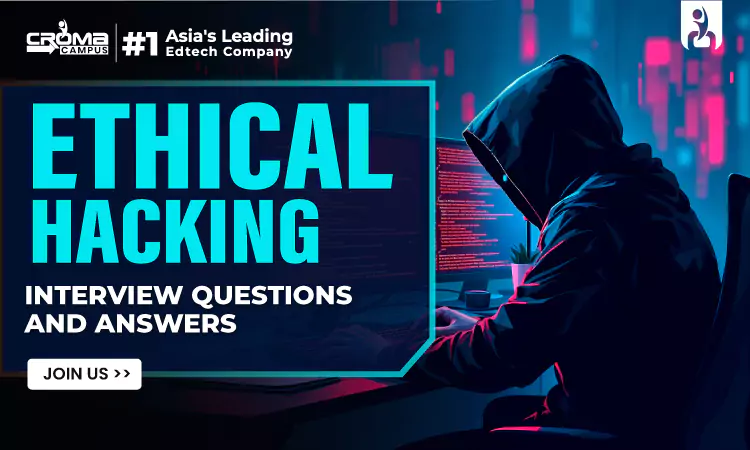
If we talk about today’s time, Cybersecurity is more critical than ever. With businesses relying on technology to store sensitive data, the demand for ethical hackers has increased. Organizations worldwide are actively seeking professionals who can identify vulnerabilities and strengthen security measures.
Surprisingly, LinkedIn currently lists over 308,000 job openings for ethical hackers, reflecting the growing need for cybersecurity experts. The global cybersecurity market is also set for 13.8% compound annual growth (CAGR) from 2023 to 2030, making this the perfect time to enter the field.
Ethical hacking is becoming an essential skill as cyber threats continue to rise. Companies are looking for professionals who can find and fix security weaknesses before hackers exploit them. This is why many people are now choosing Ethical Hacking Online Training to build their skills and stay ahead in the cybersecurity field.
If you’re preparing for an ethical hacking interview, understanding common questions and key concepts will give you a competitive edge. This guide covers beginner, intermediate, and advanced-level questions to help you ace your interview confidently.
Beginner-Level Ethical Hacking Interview Questions
1. What is ethical hacking?
Ethical hacking is the practice of legally probing computer systems and networks to identify and fix security vulnerabilities. With hands-on learning and expert guidance, Ethical Hacking Online Training helps individuals gain practical knowledge to secure networks and protect sensitive data.
2. How does ethical hacking differ from malicious hacking?
Many companies ask tricky ethical hacking questions in interviews to test a candidate’s problem-solving skills and knowledge of security threats.
- Ethical hacking: Performed legally with permission to strengthen security.
- Malicious hacking: Unauthorized access to systems for financial gain or data theft.
3. What are the types of hackers?
- White Hat Hackers (Ethical Hackers) – Work legally to protect systems.
- Black Hat Hackers (Crackers) – Hack systems illegally for malicious purposes.
- Grey Hat Hackers – Hack without permission but report vulnerabilities later.
4. What is penetration testing?
Penetration testing simulates real-world cyberattacks to identify and fix system vulnerabilities before malicious hackers can exploit them.
5. What is a firewall?
A firewall is a security tool that monitors and controls incoming and outgoing network traffic based on predefined security rules.
6. What are the five stages of ethical hacking?
- Reconnaissance – Gathering information about the target system.
- Scanning – Identifying network vulnerabilities.
- Gaining Access – Exploiting weaknesses to enter the system.
- Maintaining Access – Establishing persistent access to assess long-term risks.
- Covering Tracks – Clearing logs and traces of hacking activity.
7. What is a honeypot?
A honeypot is a decoy system designed to attract and analyze cyber attackers' tactics.
Also Read This:
Ethical Hacking Certification Cost
Cyber Security Interview Questions
Ethical Hacking Certification CEH V12 Syllabus
Intermediate-Level Ethical Hacking Interview Questions
With the growing demand for cybersecurity professionals, many aspiring ethical hackers are looking for quality training programs. If you're in the capital, Ethical Hacking Training in Delhi offers hands-on learning to help you master the skills needed to protect systems from cyber threats.
8. Explain the OSI model and its relevance to ethical hacking.
The OSI (Open Systems Interconnection) model categorizes network communication into seven layers. Ethical hackers use this model to identify vulnerabilities at different layers and implement security measures effectively.
9. What is a Man-in-the-Middle (MITM) attack?
A MITM attack occurs when a hacker intercepts communication between two parties to steal or alter transmitted data.
10. What is a VPN, and how does it enhance security?
A VPN (Virtual Private Network) encrypts internet traffic, making it secure and anonymous by routing data through a remote server.
11. What is an exploit kit?
An exploit kit is a collection of automated scripts that cybercriminals use to target software vulnerabilities and distribute malware.
12. What is the difference between a worm and a virus?
- Worm: Self-replicates and spreads without needing a host file.
- Virus: Attaches to a file or program and requires user execution to spread.
13. How do you secure a web server?
- Regular software updates and patching
- Using HTTPS and SSL/TLS encryption
- Setting up firewalls and intrusion detection systems
- Restricting access to only necessary users
- Regular security audits and penetration testing
14. What is malware analysis?
Malware analysis examines how malware operates to develop countermeasures and improve cybersecurity defenses.
15. Explain Metasploit and its role in ethical hacking.
Metasploit is a powerful penetration testing framework that helps ethical hackers identify and exploit vulnerabilities in systems and networks.
Advanced-Level Ethical Hacking Interview Questions
For those based in the corporate hub, enrolling in an Ethical Hacking Course in Gurgaon can provide practical exposure and industry-relevant expertise to tackle real-world security challenges.
16. What are Advanced Persistent Threats (APTs)?
APTs are sophisticated, long-term cyberattacks where attackers maintain unauthorized access to a system while remaining undetected. If you're preparing for a cybersecurity job, practicing ethical hacking questions can help you understand the types of challenges you'll face.
17. How does Artificial Intelligence (AI) contribute to cybersecurity?
AI enhances cybersecurity by:
- Detecting threats faster through behavior analysis
- Automating responses to cyberattacks
- Predicting vulnerabilities using data analysis
18. What is defense in depth?
Defense in depth is a multi-layered security approach where multiple defense mechanisms (firewalls, encryption, and intrusion detection systems) protect data at different levels. To crack a cybersecurity job, you must be ready for ethical hacker interview questions that cover topics like network security, penetration testing, and malware detection.
19. How do you detect and mitigate advanced malware?
- Using behavioral analysis and anomaly detection
- Deploying sandbox environments to observe malware behavior
- Implementing endpoint security solutions
20. How do you secure cloud environments?
- Encrypt data at rest and in transit
- Use multi-factor authentication (MFA)
- Implement network segmentation
- Monitor activity with automated security tools
21. What is red teaming?
Red teaming is an advanced ethical hacking strategy that simulates real-world cyberattacks to test an organization’s defenses and response capabilities. Employers use ethical hacker interview questions to check if a candidate can think like a hacker but act ethically to protect systems.
22. How do you handle ransomware attacks?
- Isolate infected systems immediately
- Identify and remove the malware
- Restore data from backups
- Report the attack to cybersecurity authorities
23. What is the role of blockchain in cybersecurity?
Blockchain provides a tamper-proof decentralized ledger, ensuring secure transactions and preventing unauthorized data modifications. Learning common hacking questions can help you understand how cybercriminals think and how ethical hackers stop them.
24. How do you perform reverse engineering on malware?
- Analyze the code structure using decompilers
- Observe behavior in a controlled sandbox environment
- Monitor network communication to detect hidden threats
25. What is cyber hygiene, and why is it important?
Cyber hygiene refers to best practices for maintaining system security, including:
- Regular software updates
- Strong password policies
- Multi-factor authentication
- Educating employees on phishing attacks
26. What is social engineering, and how can we stop it?
Social engineering is when hackers trick people into giving away personal or sensitive information, like passwords or bank details. We can prevent it by being careful with emails and messages, using strong security settings, and training employees to spot scams. If you're going for a cybersecurity job, practicing interview questions on ethical hacking can boost your confidence and improve your chances of getting hired.
27. What is the difference between symmetric and asymmetric encryption?
Symmetric encryption uses one key to lock and unlock information, like a house key. Asymmetric encryption uses two keys—one to lock (public key) and one to unlock (private key), making it safer but slower.
28. How does an SQL injection attack work, and how can we prevent it?
In an SQL injection attack, a hacker tricks a website into giving them access to its database by entering harmful commands instead of normal input. This can be stopped by checking and filtering all user inputs and using safe coding methods.
29. What is the difference between IDS and IPS?
An Intrusion Detection System (IDS) is like a security camera—it watches and alerts you if something suspicious happens. An Intrusion Prevention System (IPS) is like a security guard—it not only watches but also stops threats before they cause harm. Many job interviews include certified ethical hacker interview questions to test a candidate's ability to find and fix security vulnerabilities.
30. What are common security risks in mobile apps?
Many mobile apps can be unsafe if they don’t protect user data properly. Common risks include weak passwords, storing data without protection, and insecure connections. Developers should use strong security settings, encryption, and regular security checks to keep apps safe.
Related Courses:
Final Thoughts
Similarly, if you are looking to start or advance your career in cybersecurity, an Ethical Hacking Course in Noida equips you with the latest Ethical Hacking tools and techniques to identify and prevent cyberattacks effectively. Preparing for an ethical hacking interview requires technical expertise and problem-solving skills. By understanding these key ethical hacking interview questions, you can confidently demonstrate your cybersecurity knowledge.
To further enhance your skills, consider earning industry-recognized certifications such as:
- CEH (Certified Ethical Hacker)
- CompTIA Security+
- CISSP (Certified Information Systems Security Professional)
Cybersecurity is an ever-evolving field, so continuous learning is key. Whether you’re a beginner or an experienced professional, staying updated with the latest cybersecurity trends will keep you ahead in your career.
Subscribe For Free Demo
Free Demo for Corporate & Online Trainings.
Your email address will not be published. Required fields are marked *
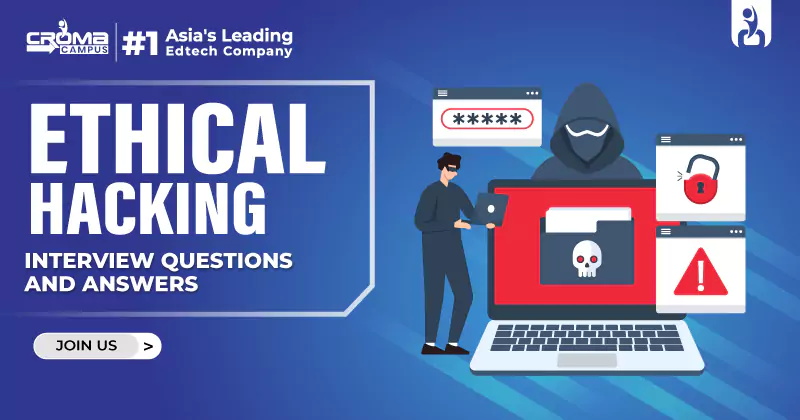
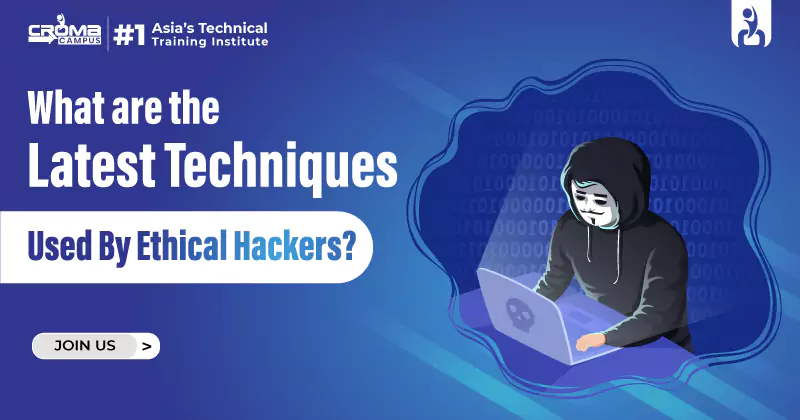
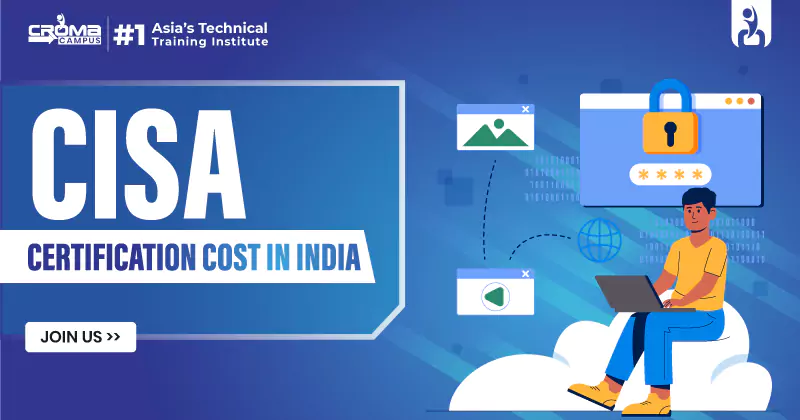

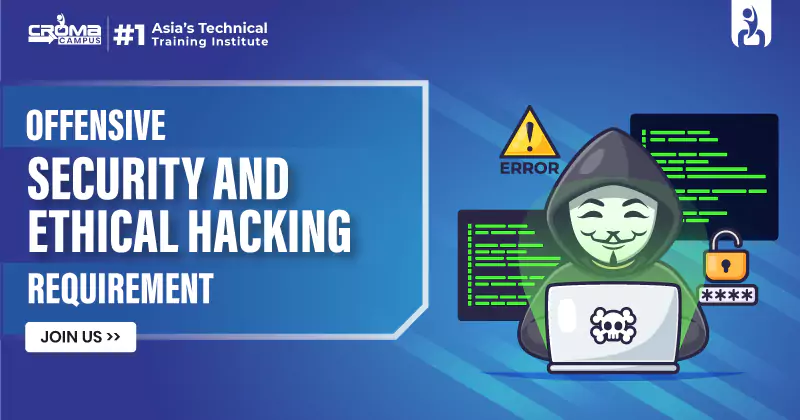
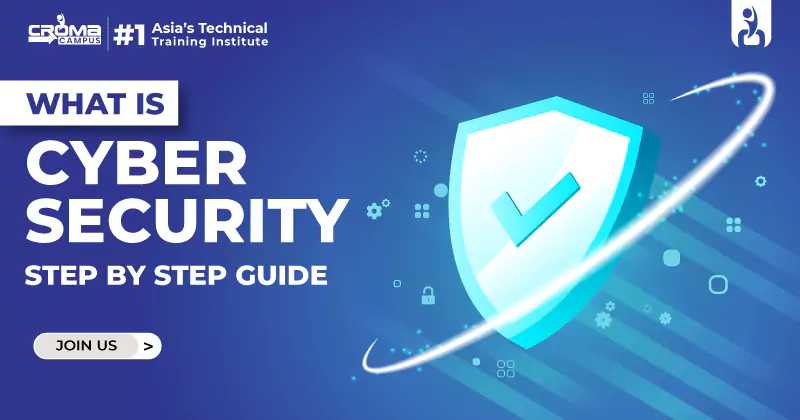

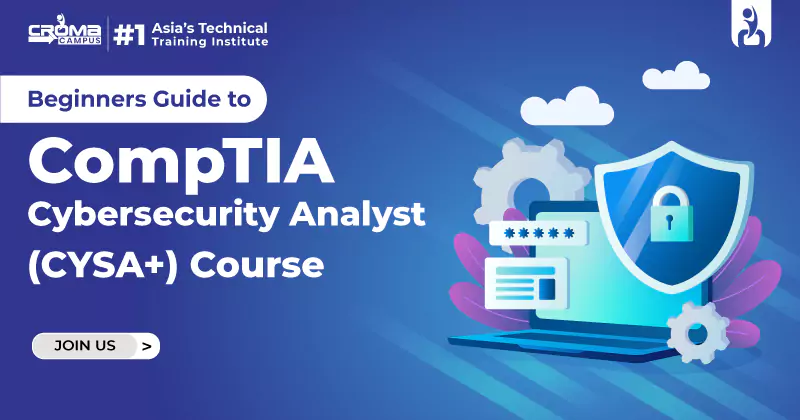
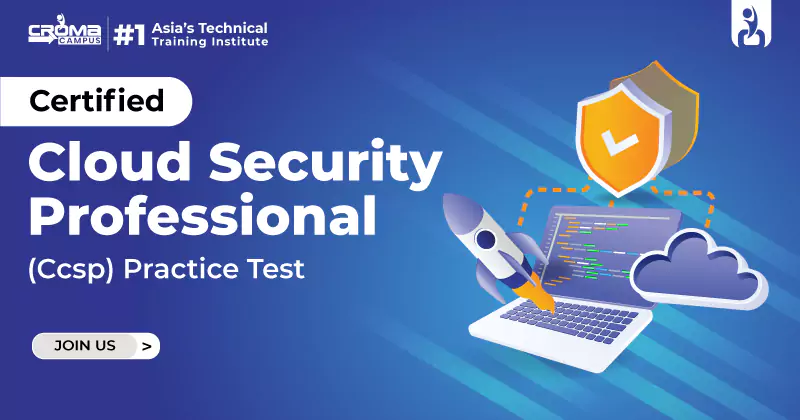
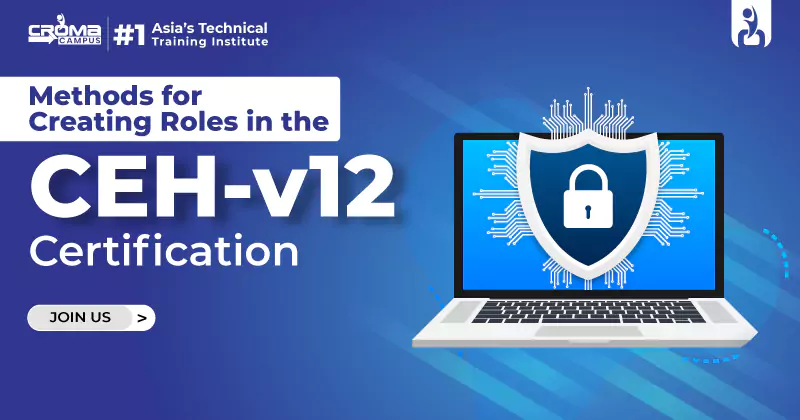
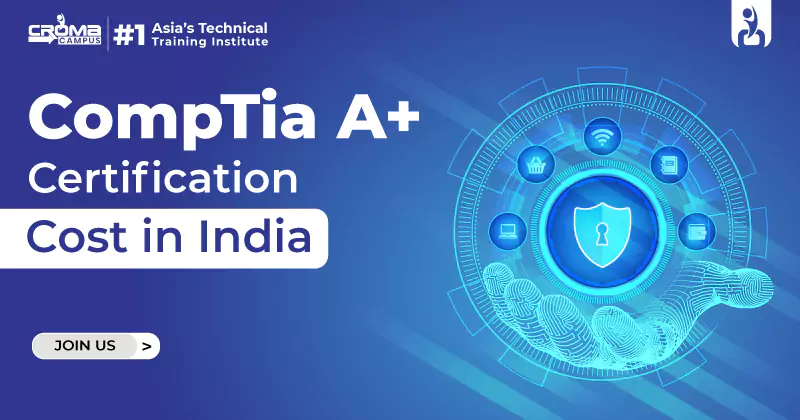










 Master in Cloud Computing Training
Master in Cloud Computing Training